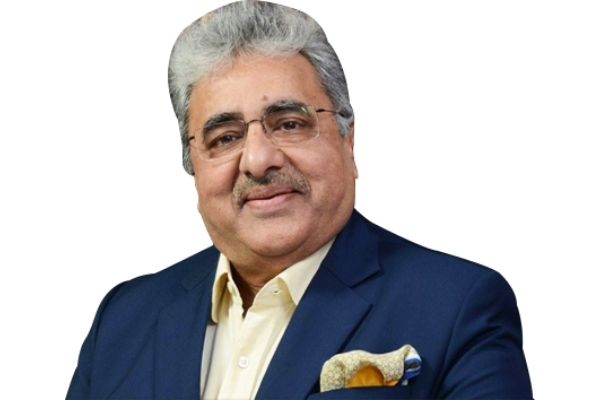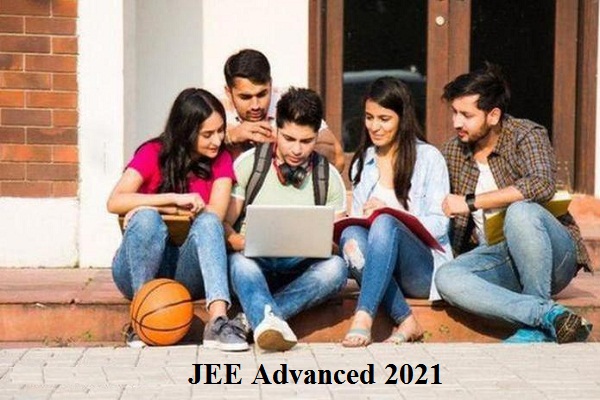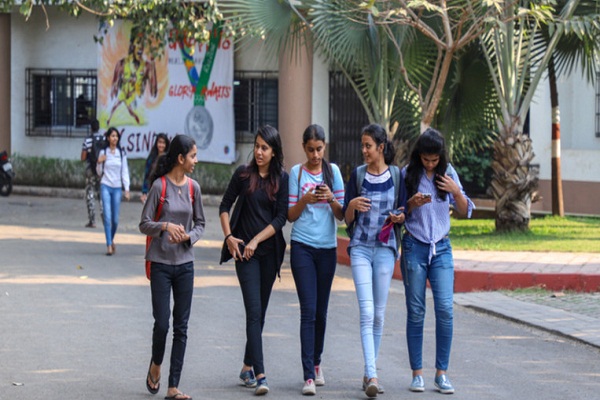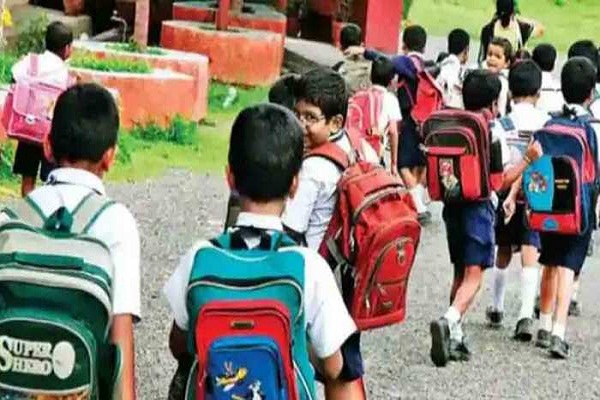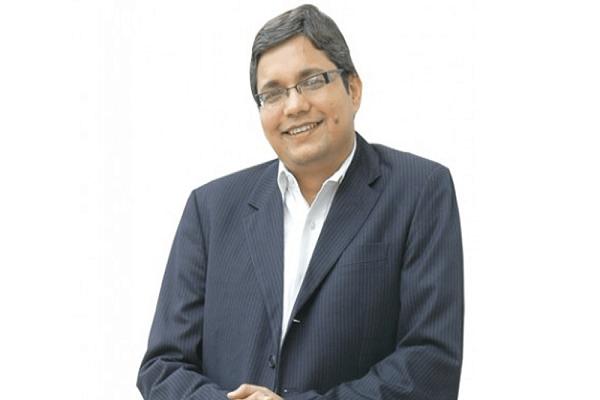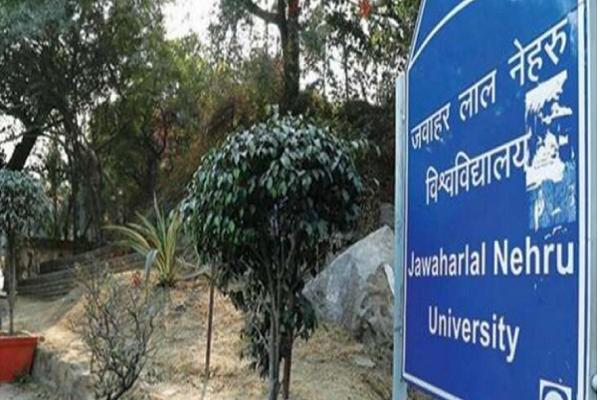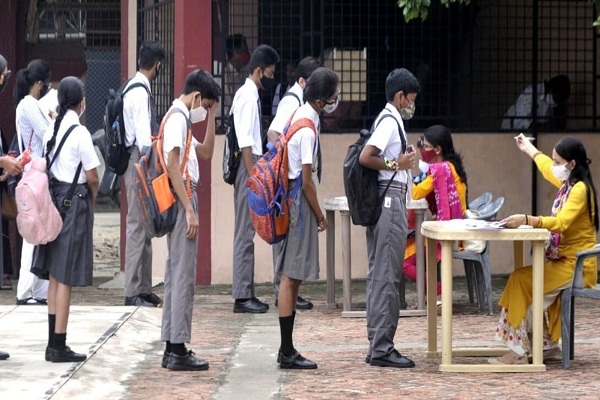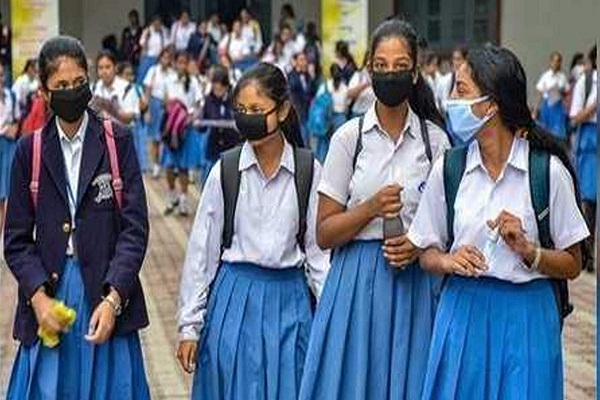The inherently dynamic landscape of education is undergoing a definitional change. From the old paradigm that lay exclusive emphasis on numeracy, literacy, and memory retention, the education world is moving on to a multi-disciplinary curricular structure in which – alongside academic rigour – co-scholastic activities such as sports, music, dance, and arts are becoming integral to school time.
An extra dimension to this transformation has been added by the IT revolution. The emergence of new technologies with high applicability in education has influenced pedagogies and learning outcomes in a positive manner. Yet, despite so much progress, one important aspect of human development has been neglected or relegated until the Covid-pandemic came as a rude awakening. This aspect is: health and well-being.
Imperatives of Creating A Healthy Society
Good health and well-being are the sine qua non of all human endeavours. Every nation must build a strong health infrastructure and create a favourable ratio of the overall population to the number of doctors and para-medics. More importantly, there must exist a system by which every citizen is sensitized on broad parameters of health and preventive measures. A sick citizenry is unproductive and a big user/waster of precious national resources.
The beginning of creating a healthy society must indeed be made at the school level. Every school must prepare a structured Health Education Curriculum that addresses specific health and fitness needs of students. These may vary from rural schools to the schools in the urban setting. The big and the metro cities perhaps require a more comprehensive document that takes care of health issues linked with lifestyle, eating habits, sleep disorders and perhaps of certain addictions that are more likely to happen in an urban milieu. Excessive usage of screen time is also posing a serious health hazard and this can create problems that are very likely to become chronic, if not addressed in time. An elaborate health curriculum should cover all these aspects.
Components of a Health Education Curriculum
A standard and well-structured Health Education Curriculum must necessarily include the following components:
1. Nutrition and Fitness
2. Health Hygiene and Wellness
3. Disease Control and Prevention
4. Safety and First Aid
5. Community and Environmental Health
6. Mental and Emotional Health
7. Substance Abuse and Prevention
8. Adolescent Education
These are the mandatory verticals that need to be incorporated in the school health curriculum. Excessive use and immersion into IT space and digital technology, accompanied with extended screen time, wrong body postures and diminishing use of the natural neural system are leading to serious ailments. All these factors may have huge adverse impact on the mental and physical health of the children in the long run. We will have to create a separate structure and protocol for ‘Digital-Detox’.
The importance of health with respect to all age groups need not be overemphasized. Interestingly, in our physiological system practically everything happens in an automation mode and unless some disease or disability strikes us, we do not take note. Children with fresh, flexible and relatively healthier bodies, tend to ignore these signals more than their senior counterparts. These, therefore, can lead to habits that may not be very healthy in nature, and can cause problems later in life.
The primary objective of any form of education is to acquire knowledge. “Know Thyself” is the main mantra both in the physical and metaphysical context. It is indeed mandatory for all of us to know our body, mind and soul in their entirety. That alone will help us to live a life that is full, productive and socially relevant.
There is no better place to start this immersion other than a school.
By Vinod Malhotra, Chairman, Academic Council, Saamarthya Teachers Training Academy of Research, Ghaziabad






